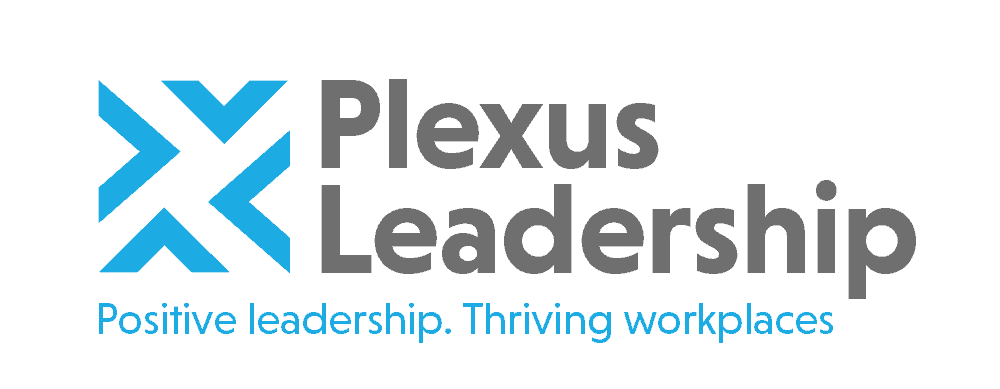Every year, we spend around $50 billion on leadership development. Yet, the returns on this enormous investment are poor to mediocre at best. Employee engagement and trust are declining in the UK and most other developed economies, productivity is slowing, customer trust in many businesses is deteriorating and many companies are still harming the planet in the way they produce their products and services, rather than improving it.
The hard truth is that leadership development in most organizations doesn’t work well. It’s in dire need of an overhaul to ensure it makes a valuable and positive impact as we move into the digital age. Here are three ‘must do’ actions if you want to future-proof your leadership development program.
Leadership development needs to move away from “one size fits all” model
Most organizations use a one size fits all approach to leadership based on standards, techniques and frameworks developed by a small number of big consulting firms over many decades. This foundation is, however, flawed, as it assumes there is one right approach to leadership, a single recipe for success. As a result, leadership assessment and development has become a “tick box exercise” to identify and fix the gaps in leadership. For example, many organizations focus on building emotional intelligence in all leaders, assuming this will make them super leaders. The reality is that in many cases it won’t and this approach can be counterproductive. Using the powerful animal metaphor, some leaders are simply not designed to fly, they should be developed to swim or run faster.
Plexus Leadership advocates a different approach. We customize leadership development programs to the vision, strategy and desired culture of the company, and to the unique strengths and talents of program participants. This involves identifying strengths and competencies that are important for the organization to deliver its goals. It assumes that this list of qualities will evolve as the company strategy evolves. Importantly, it accepts that leaders are different and have different opportunities for development based on their strengths, performance risks and potential.
Leadership development programs must be designed as practical “learning labs”
Far too many leadership programs are too general. They don’t link learning and skills to real-world challenges and opportunities the business is experiencing. To maximise learner involvement and impact, it is vital to enable leaders to practice and experiment, linking the habits and skills they have learned with everyday challenges and new opportunities. Engaging “learning labs” provide an ideal environment to share and support one another to tackle real business problems and strategic opportunities, rather than talking about theory and irrelevant case studies that don’t have any immediate relevance to leaders. Labs are not only places to experiment with different ideas, but also places to talk to a wide range of experts and stakeholders, including customers, futurists, subject matter experts and employee representatives. Plexus Leadership supports learning labs during and after development programs with focused and tailored coaching too, including peer support and expert coaching input and supervision.
Leadership development programs must provide a bridge to the future
Many leadership programs still don’t focus enough on how the company might evolve and develop in future. But the leader’s role is no longer just about inspiring and influencing people, as many programs assume. Leaders have a key role to play in helping people deal with frequent, disruptive paradoxes and changes they face. It is therefore incumbent upon learning designers and facilitators to understand these changes, in particular how AI and robotics are likely to shape the organization, its people and its customers. This is why we help leaders going through our programs to think about the future and plan different scenarios for their team or business area. Each leader is then encouraged to put together a roadmap to the future so they are better prepared, and can support their team and colleagues, to adapt and succeed in a vastly different world.
In a previous blog, we highlighted the need for leaders, especially in tech, to look beyond their own companies and make a positive difference to society by tackling some of the big challenges that threaten our planet, including reducing carbon emissions, non-biodegradable pollutants and global poverty. So why not also include projects that make a positive difference to society in your leadership programs? For example, challenge teams involved in a leadership development program to work with community leaders to improve the lives of your local community, or get them to come up with recommendations to help make the organization greener or reduce the amount of plastics the company uses and discards. Such initiatives will help leaders build a pro-social mindset and valuable skills that will help drive breakthrough growth and lasting competitive advantage.
Other Posts

About the Author
James Brook
Founder and MD | Leadership Consultant | Organizational Psychologist
James is a leadership consultant, organizational psychologist and executive coach. He has over 25 years’ experience working with leaders, teams and organizations globally to optimize their performance, talent and future success. He specializes in positive leadership, thriving workplaces, collaboration and influencing, organizational change and transformation, accelerating innovation and coaching executives and leaders in innovative sectors including Tech, Digital, E-commerce and Life Sciences.
Before setting up Plexus Leadership, James held leadership roles in HR and Talent Management in the UK and abroad with companies such as NatWest, Yahoo! and Novo Nordisk Pharmaceuticals. After this, he founded and led several talent and leadership consulting and assessment businesses, including Strengthscope®, an online strengths assessment and development business serving a wide range of UK and global clients. James grew this venture into a global market leader before selling the business in 2018.
James has supported, advised and coached leaders and teams globally across diverse industries and geographies. Clients he has worked with include Allen & Overy, Commvault, Equinor, Facebook, GSK, Hilton, John Lewis, Novartis Pharmaceuticals, NHS, Oracle, Sainsbury’s, Swiss Re, Tesco, Takeda Pharmaceuticals, WSP and Yahoo!.
James has a Master’s in Organizational Psychology, an MBA, an Advanced Diploma in Executive Coaching and a Harvard Business qualification in Sustainable Business Strategy. He is a member of the Institute of Directors, the Association of Business Psychologists and a Fellow of the Chartered Institute of Personnel and Development (FCIPD). He is currently undertaking a PhD in Organizational Psychology examining the start-up experiences of Tech and Digital entrepreneurs.
James is a regular contributor and speaker on leadership, coaching, innovative talent management and the future of work. His most recent book, Optimize Your Strengths, explores how leaders can create thriving workplaces by inspiring and supporting people to optimize their potential and teamwork to deliver breakthrough results.





